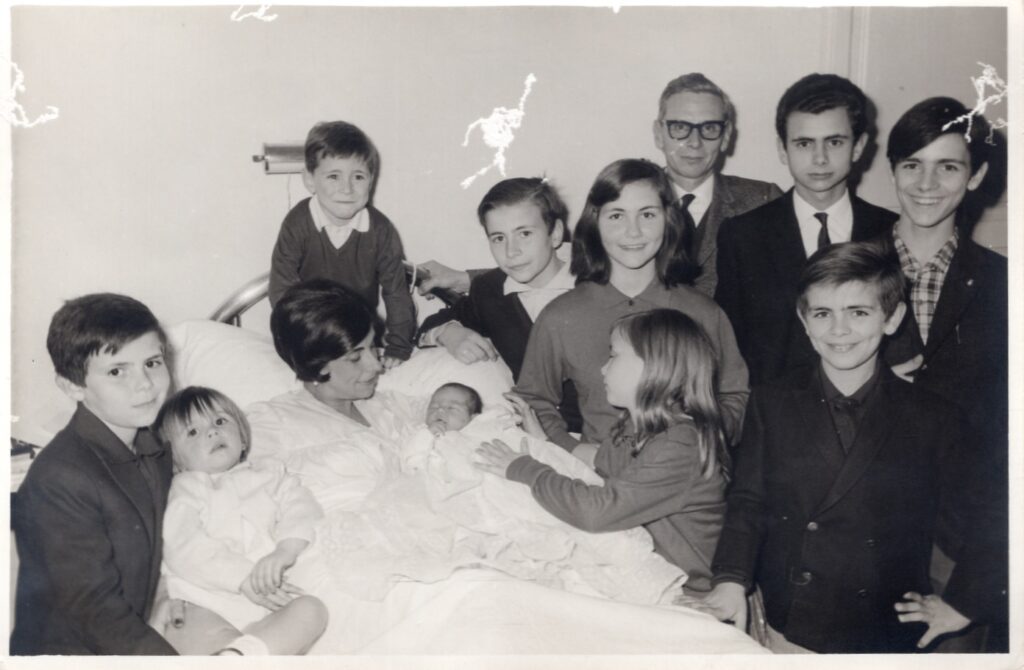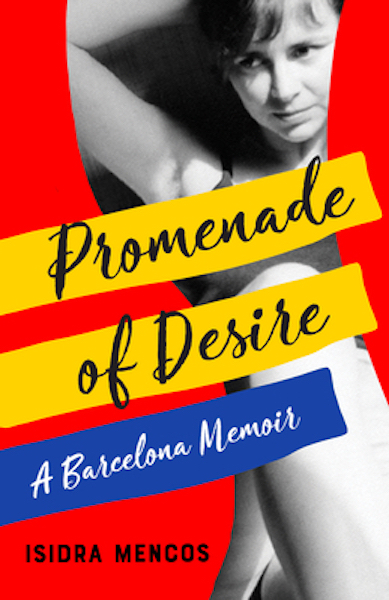
When I consulted the Merriam-Webster dictionary for the meaning of “ghost” I was surprised. I expected to find a definition along the lines of “spirit that haunts you” but the rest of the descriptions clobbered me because they fit me so well:
GHOST:
- The seat of life or intelligence: SOUL.
- A disembodied soul, especially the soul of a dead person believed to be an inhabitant of the unseen world or to appear to the living in bodily likeness
- Spirit, Demon
- a) A faint, shadowy trace (a ghost of a smile) b) the least bit (not a ghost of a chance)
- A false image in a photographic memory or on a television screen caused especially by reflection
- One who ghostwrites
- A red blood cell that has lost its hemoglobin
I’d never thought about “ghost” as being identical to “soul,” but when you feel that your soul has gone AWOL it starts to make sense. I could also see myself as a cell having lost hemoglobin, the key component that brings oxygen to the lungs; a faint, shadowy trace; a false image; a mere reflection of a solid self; and of course, a ghostwriter, a profession I’ve practiced for decades.
I spent fifty years hiding. I looked alive, even lively, but a part of me was suppressed, constrained, smushed like ink on a wet piece of paper.

Take my first job out of college. I had just finished my Ph.D. at UC Berkeley. I didn’t want to move to another state to pursue an academic career, and there were hardly any positions in the Bay Area in my major, Spanish Contemporary Literature. I took a part-time job as a lecturer at my alma mater and launched my own business as a writer and editor for Spanish-speaking media.
By a stroke of luck, I soon became the editor of a custom magazine mailed to five million Hispanic households. Its goal was to help recent immigrants settle in the country. I did everything for that magazine: I chose the topics, recruited and guided the writers, edited every piece, and wrote the editor’s letter and some articles. I loved the mission, and I was proud of the content, but there was a catch.

The client did not want the editor to be a real person. They chose an alias, along with a fake photo; the “editor’s” last name evolved from Isabel Casas (houses) to Isabel Castillo (castle) to Isabel Palacios (palaces). It would have been funny if it weren’t annoying.
This pattern repeated itself. I ghostwrote more than six hundred articles for a renowned Hispanic journalist’s radio program, but my name was never mentioned. Later, during a ten-year stint as a corporate executive managing editorial teams in several countries, I edited hundreds of pieces and wrote a few dozen, but the articles rarely had a byline and my name never appeared anywhere except on the masthead on a webpage.
This proved grievous when I tried to launch my career as a creative writer and people asked for writing samples. I had been writing and editing for twenty years and yet I had not one article with my name on it.
More serious, though, was my impulse to hide in my everyday life. It started when I was five, my mother caught me touching myself, and told me I was disgusting. I couldn’t understand why—I had no idea what sex was—but I learned the lesson: I was dirty, unworthy, and I had to hide my real self if I wanted to be loved and accepted.
I developed a double life: outwardly a good girl that never caused any trouble, inwardly a rebel that hid her body’s needs and her feelings.

Raised among ten siblings, each more taciturn and aloof than the next—just like our parents—I was surrounded by people, but I felt ghostly. My family and I met only at the dinner table, where we exchanged superficial conversation like the passengers on a cruise, only to drift back into the solitude of our unknown selves.
In my twenties, buoyed by the new freedoms afforded by the end of a forty-year dictatorship in Spain, I broke free of the girdle that had contained me. My generation went from a repressive upbringing to a joyous outpouring of political activism, free love, hedonism, drugs, and music. I even got a new name to go with the new me, Isadora. At home, however, and with all my old friends, I stayed the unassuming good girl I had always been.

No matter where I went or what I did, I was fractured between two personas. Concealing myself in my most important relationships became a habit; not only did it feel familiar, but also safer. If the people who loved me didn’t reach my core, they would never be able to gut me. What I didn’t realize is that I was depriving us of the oxygen that makes any relationship thrive.
One of the things that I kept contained under the surface for decades was my dream of being a writer. Although I dabbled in it, I didn’t commit. I was too busy building up the front I presented to the world—successful teacher, editor, corporate executive—and too scared to let my true self out, lest someone find it worthless.
A current of depression and unhappiness ran through me. Prestige, money, and even motherhood were not enough to mask the fact that part of me lay dead and buried, appearing only in my imagination.
At 58, I finally had enough. I quit my plush corporate job and plunged into creative writing. Up to then, I had dabbled in fiction, but a one-day workshop drove me to take an online course on memoir writing with the same teacher, and I was hooked. After all those years of hiding, I got naked on the page.
Meditation teacher Jack Kornfield says that “much of spiritual life is self-acceptance, maybe all of it.” It took me five decades to be shameless, but at sixty four, an acute sense of my mortality has offered me an undeniable advantage: a fearless acceptance of who I am, with my flaws, my contradictions, my wrinkles, and my hopes. I don’t need to build up a polished façade anymore. This is me. All of me. Not ghostly, just alive.
Author Bio
Originally from Spain, Isidra Mencos took on writing in earnest and in English in 2016. Her essays have appeared in The Chicago Quarterly Review, The Penmen Review, Front Porch Journal, Diálogo, Newfound, The Manifest-Station, Stirring Literary Journal, The Jane Friedman Blog, and WIRED, among other publications. Her piece “My Books and I” was listed as Notable in The Best American Essays Anthology. Her memoir Promenade of Desire: A Barcelona Memoir was released in October 2022 by She Writes Press.
It is a raw and honest sexual and sensual coming-of-age story: from Catholic virgin maiden to seductive Mata Hari as Spain moves from dictatorship to democracy.







Leave a Reply